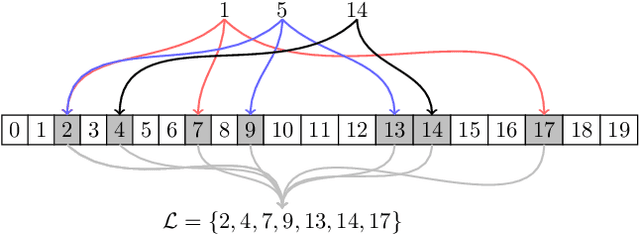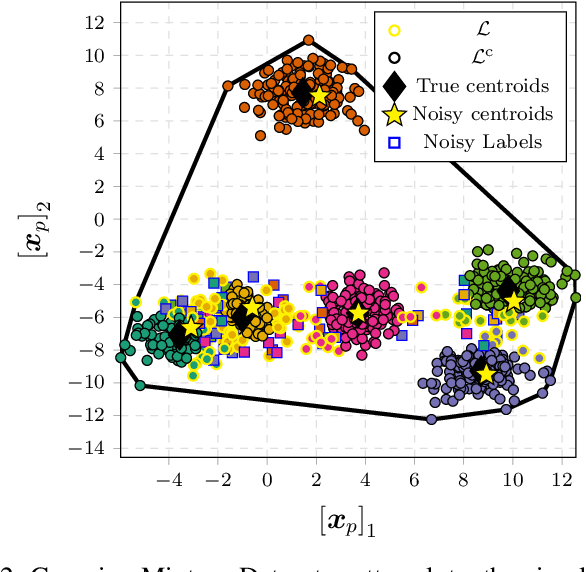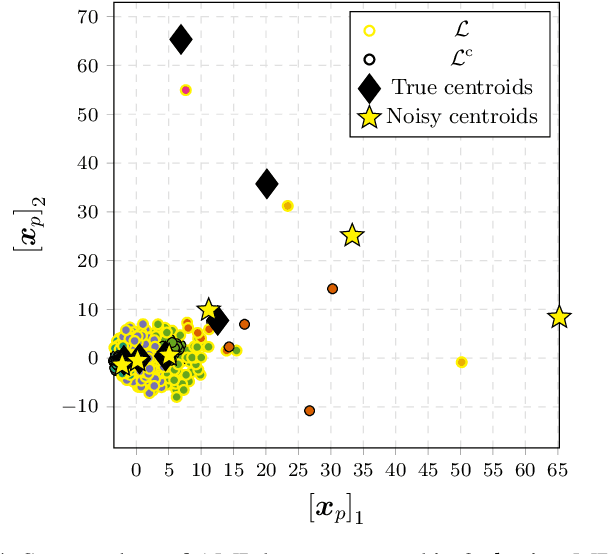Differentially Private $K$-means Clustering Applied to Meter Data Analysis and Synthesis
Paper and Code
Dec 07, 2021



The proliferation of smart meters has resulted in a large amount of data being generated. It is increasingly apparent that methods are required for allowing a variety of stakeholders to leverage the data in a manner that preserves the privacy of the consumers. The sector is scrambling to define policies, such as the so called '15/15 rule', to respond to the need. However, the current policies fail to adequately guarantee privacy. In this paper, we address the problem of allowing third parties to apply $K$-means clustering, obtaining customer labels and centroids for a set of load time series by applying the framework of differential privacy. We leverage the method to design an algorithm that generates differentially private synthetic load data consistent with the labeled data. We test our algorithm's utility by answering summary statistics such as average daily load profiles for a 2-dimensional synthetic dataset and a real-world power load dataset.
 Add to Chrome
Add to Chrome Add to Firefox
Add to Firefox Add to Edge
Add to Edge